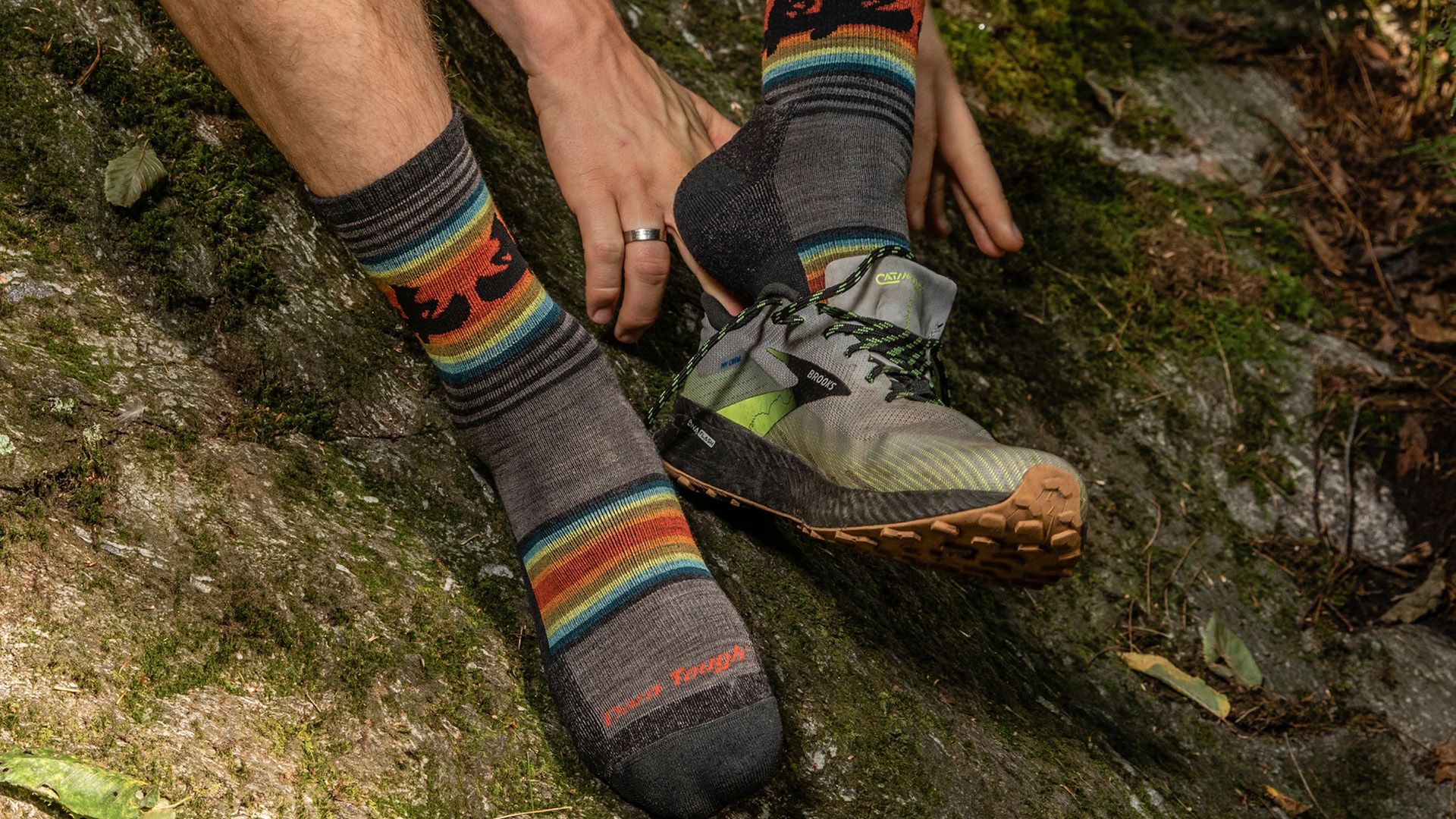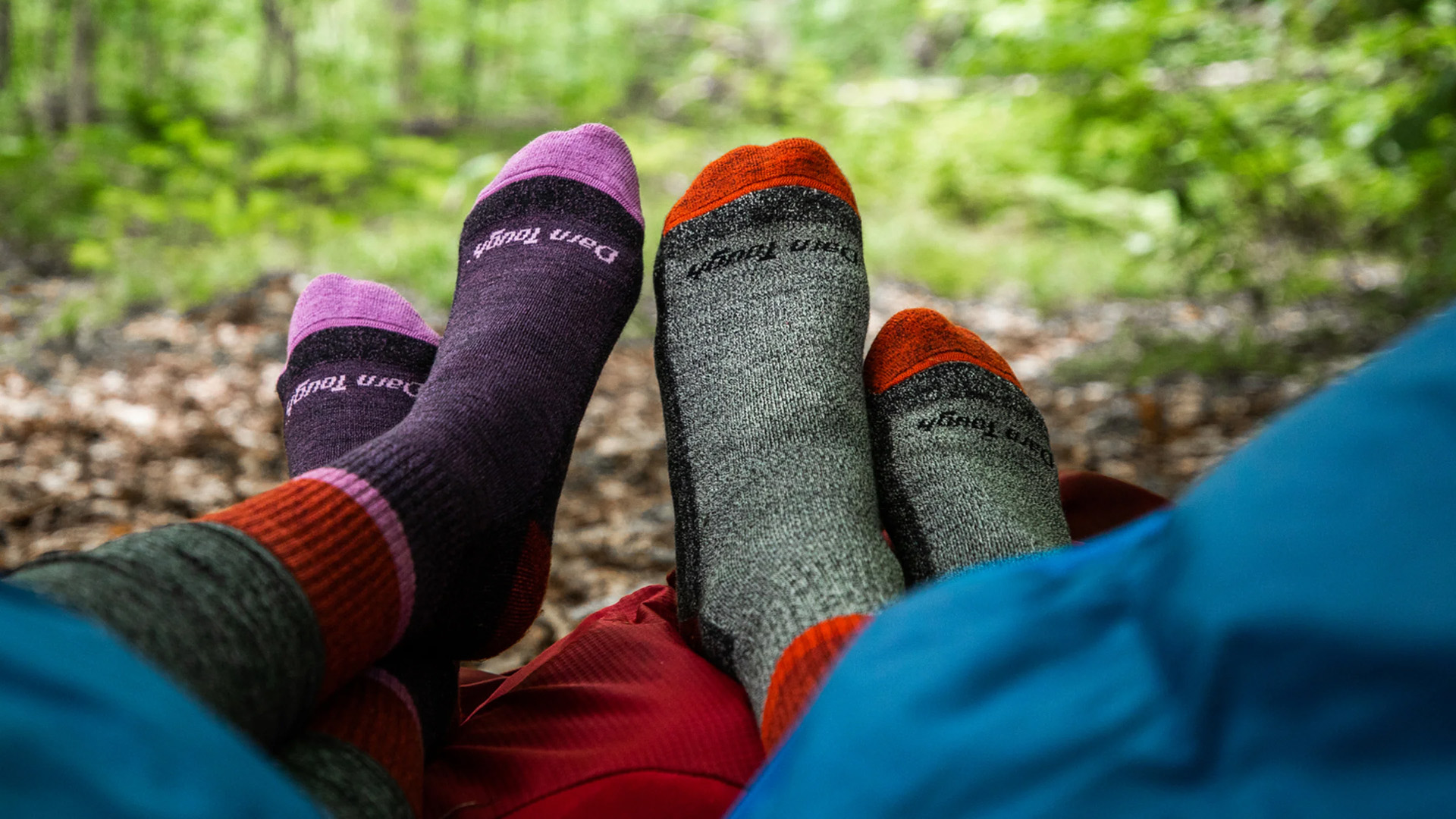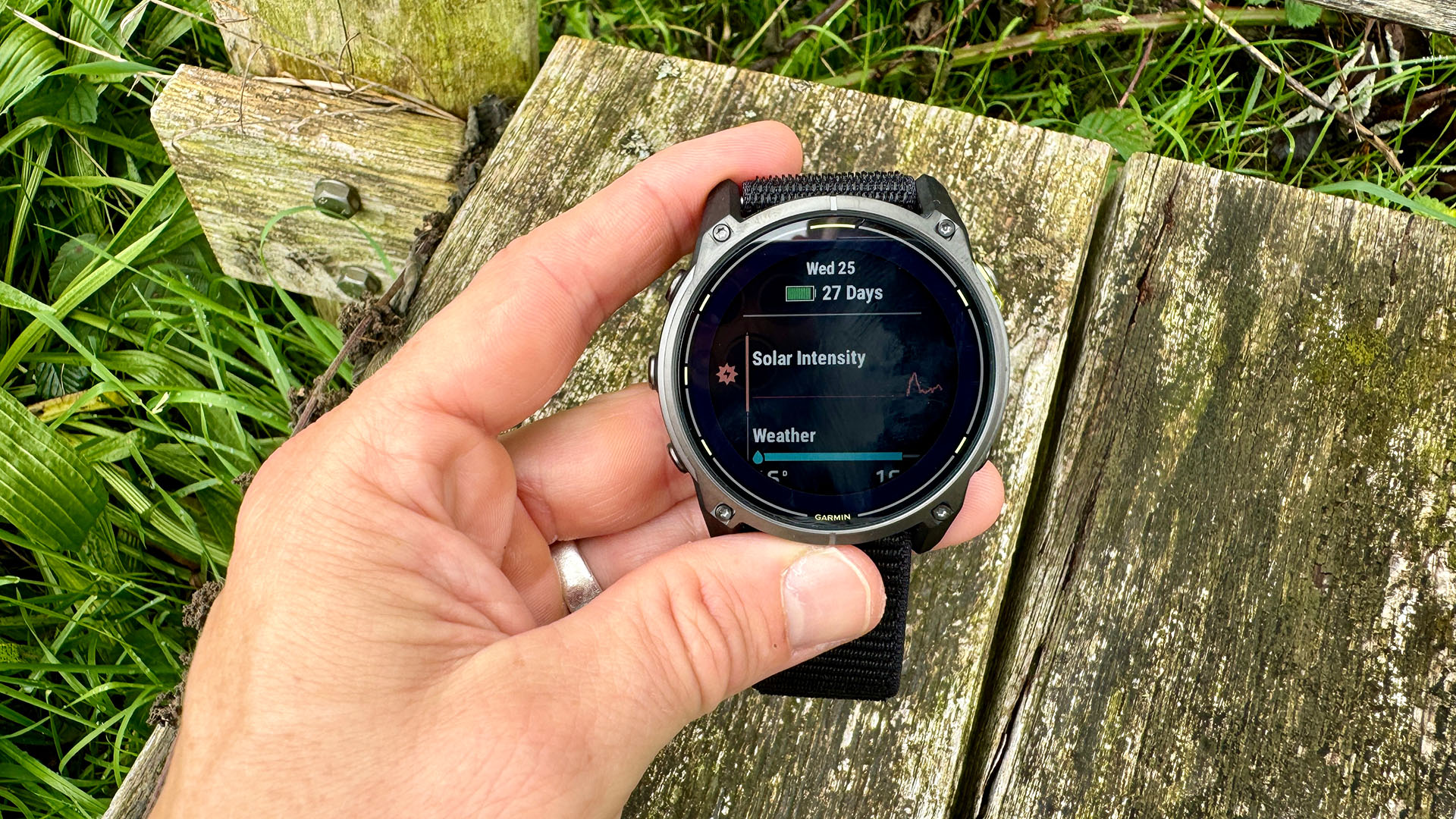


We walkers often focus on the wrong gear. Well, there is nothing wrong with shoes, boots, and trousers; however, socks are equally as important. Yet, we just pick one that we bought ages ago in the supermarket, and off we go on a stroll.
When it comes to walking, whether for fitness, leisure, or hiking, the choice of socks can significantly impact your comfort and performance. The debate between thick and thin socks is age-old, with each having distinct advantages and drawbacks.
Which is better, though? Were all walking socks created equal, or are you better off with stockpiling thin or thick walking socks? Let’s delve into the considerations to help you decide which is better for your walking needs.
Thick socks
Thick socks offer several benefits, particularly in terms of cushioning and warmth. For example, the additional padding provided by thick socks can help absorb impact, reducing pressure on your feet during long walks or hikes.
This cushioning can be especially beneficial for those traversing rough terrain, as it provides extra protection and comfort. Smartwool's Hike Classic Full Cushion Socks (retailer link) offers plenty of cushioning, as the name suggests.
Thick socks should also be the number one choice for cold-weather walking. Their extra insulation keeps feet warm, making them popular for winter hikes or walks in cooler climates.
These days, quality thick socks are often designed with good moisture-wicking properties, which helps keep your feet dry by drawing sweat away from the skin, which can prevent blisters and other discomforts.
Sign up to the T3 newsletter for smarter living straight to your inbox
Get all the latest news, reviews, deals and buying guides on gorgeous tech, home and active products from the T3 experts
However, thick socks are not without their drawbacks. In warm weather, they can cause your feet to overheat and sweat excessively, leading to discomfort and an increased risk of blisters.
Plus, the additional bulk of thick socks can make your walking shoes feel tighter. If your shoes are already a snug fit, this added thickness might result in an uncomfortable walking experience.

Thin socks
Thin socks are known for their breathability and fit. They are particularly beneficial in warm weather, as they allow for better air circulation around your feet, helping to keep them cool. The reduced thickness ensures that your shoes fit more comfortably, which can be a significant advantage if you prefer a closer fit.
High-quality thin socks, such as Darn Tough's Bolt Ultra-Lightweight Socks (retailer link), also manage moisture effectively. Despite their lighter weight, many thin socks are made from materials that wick moisture away from your feet, keeping them dry and comfortable during your walks.
The primary disadvantage of thin socks is their lack of cushioning. They offer less padding compared to thick socks, which might not be as comfortable for long-distance walking or when walking on uneven surfaces. This reduced padding can lead to more foot fatigue and discomfort over extended periods.
Thin socks are also less suitable for cold-weather walking. Without the added insulation of thick socks, your feet are more likely to get cold, which can be uncomfortable and potentially harmful in extremely cold conditions. Putting on thicker hiking boots might solve this issue, though.
Which one should you choose?
For short walks or urban walking, thin socks might be more comfortable due to their breathability and better fit within your shoes. Conversely, for long walks or hikes, especially in rough terrain, thick socks with good cushioning can provide better support and comfort.
Some people prefer the extra cushioning and warmth provided by thick socks, while others favour the lighter, cooler feel of thin socks. It’s also important to consider the material of the socks, as this can impact their performance.
For instance, merino wool socks are highly regarded for their moisture-wicking and temperature-regulating properties, making them a versatile choice regardless of thickness.
Both thick and thin socks have their place in a walker’s wardrobe. Picking the right socks for the job can enhance your walking experience, ensuring comfort and support whether you're taking a leisurely stroll around the neighbourhood or embarking on a challenging hike.

Matt Kollat is a journalist and content creator who works for T3.com and its magazine counterpart as an Active Editor. His areas of expertise include wearables, drones, fitness equipment, nutrition and outdoor gear. He joined T3 in 2019. His byline appears in several publications, including Techradar and Fit&Well, and more. Matt also collaborated with other content creators (e.g. Garage Gym Reviews) and judged many awards, such as the European Specialist Sports Nutrition Alliance's ESSNawards. When he isn't working out, running or cycling, you'll find him roaming the countryside and trying out new podcasting and content creation equipment.
-
 Garmin’s on a mission to update your wrist into oblivion as 100+ tweaks land on Fenix and Enduro watches
Garmin’s on a mission to update your wrist into oblivion as 100+ tweaks land on Fenix and Enduro watchesThe latest beta update looks comprehensive
By Matt Kollat Published
-
 5 reasons you should be excited about the brand new Samsung Bespoke AI Jet Ultra
5 reasons you should be excited about the brand new Samsung Bespoke AI Jet UltraNot sure if it’s obvious... but I can't wait to try it
By Lizzie Wilmot Published